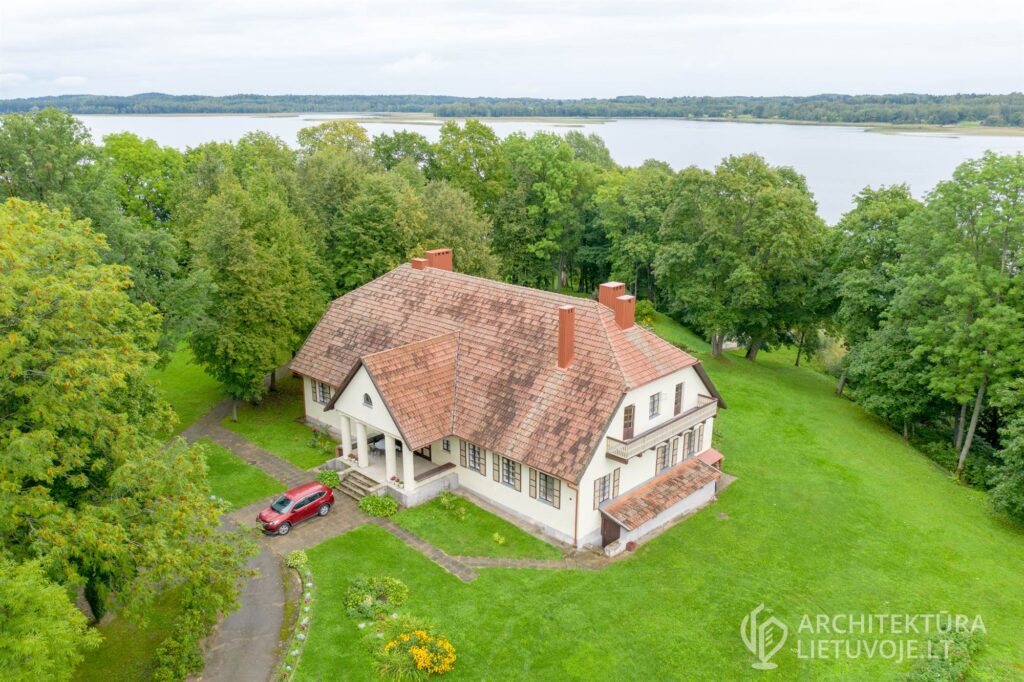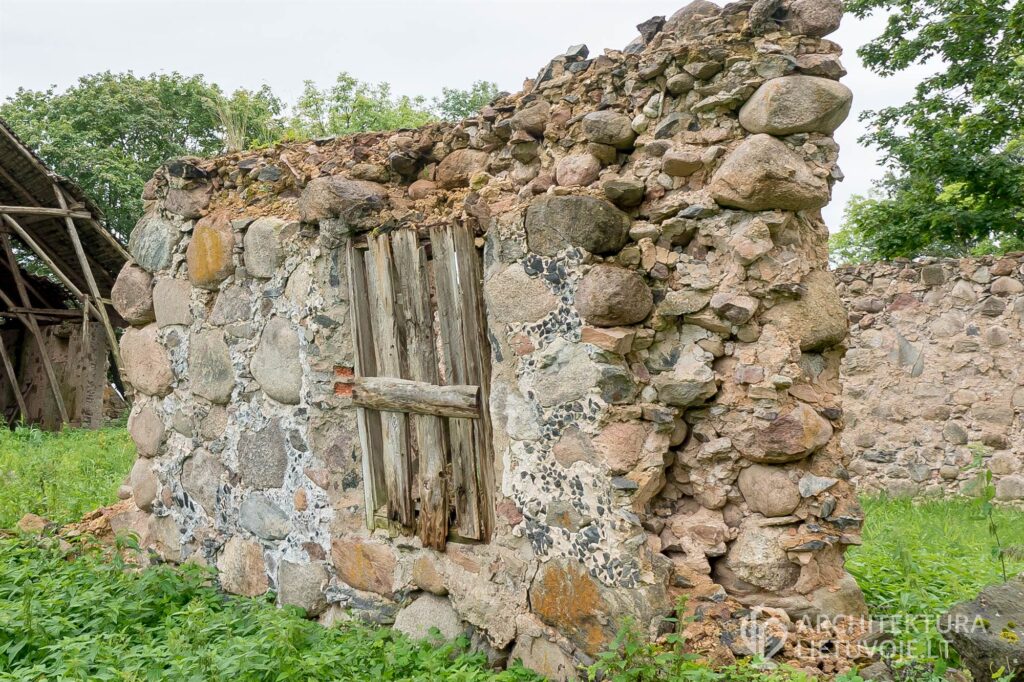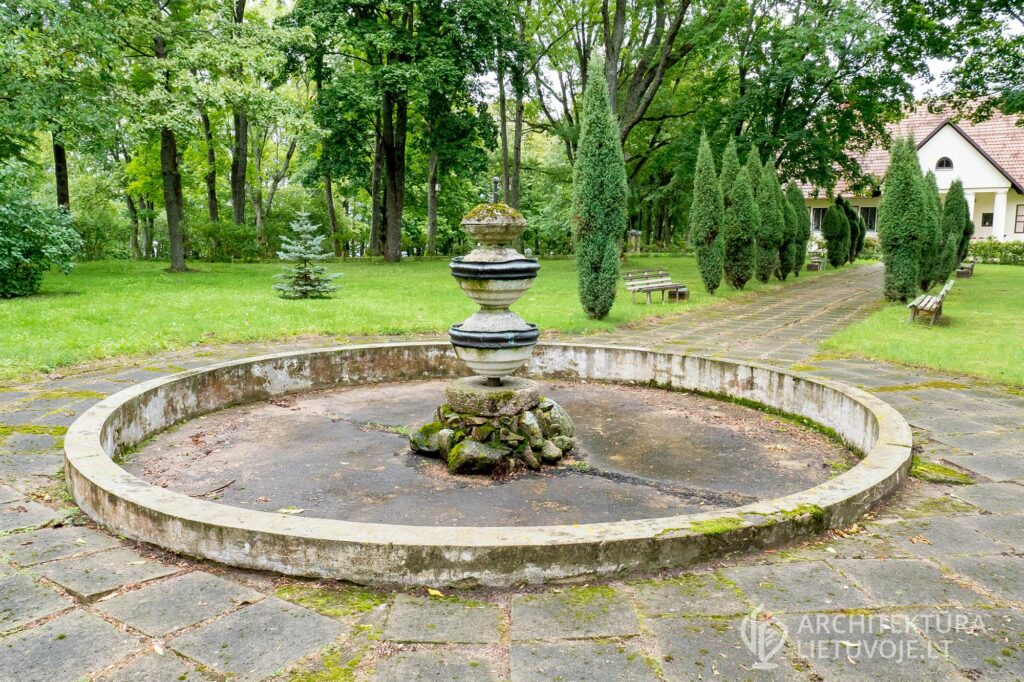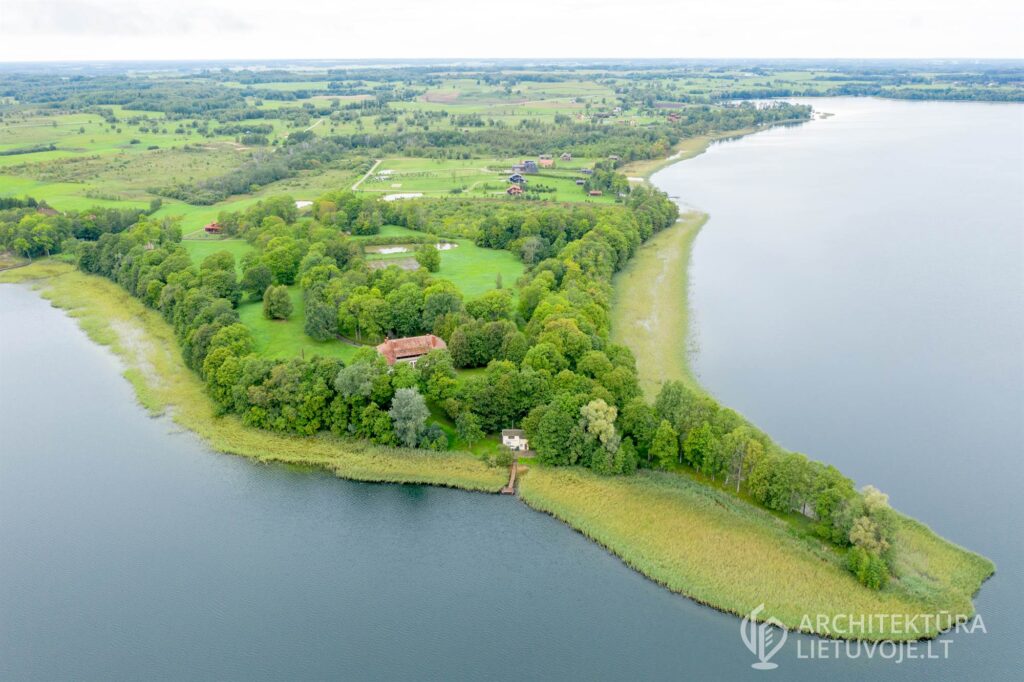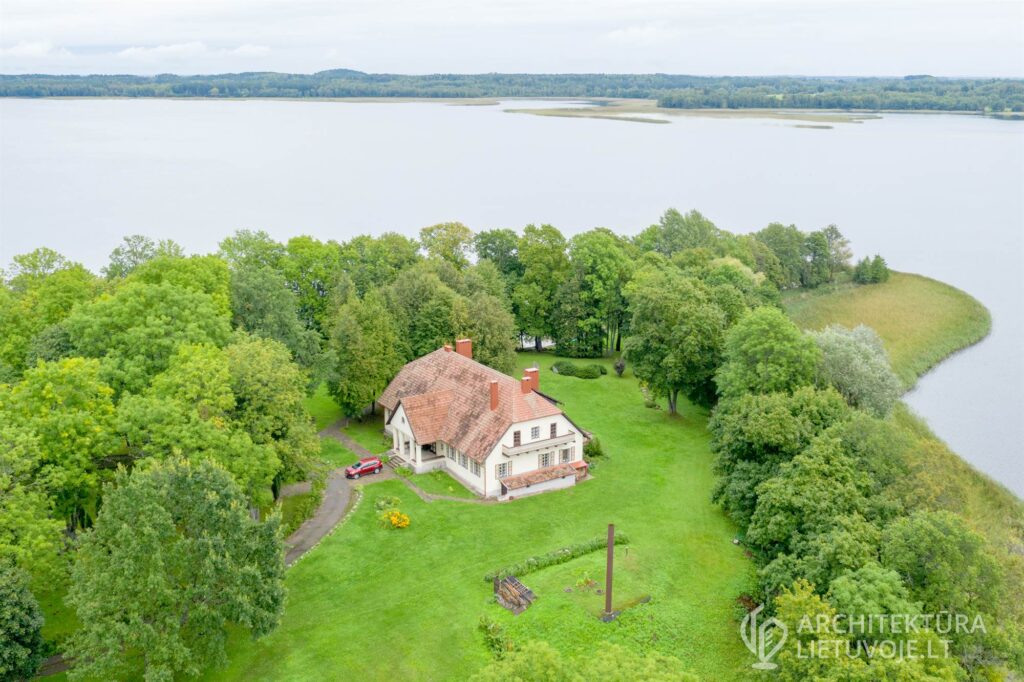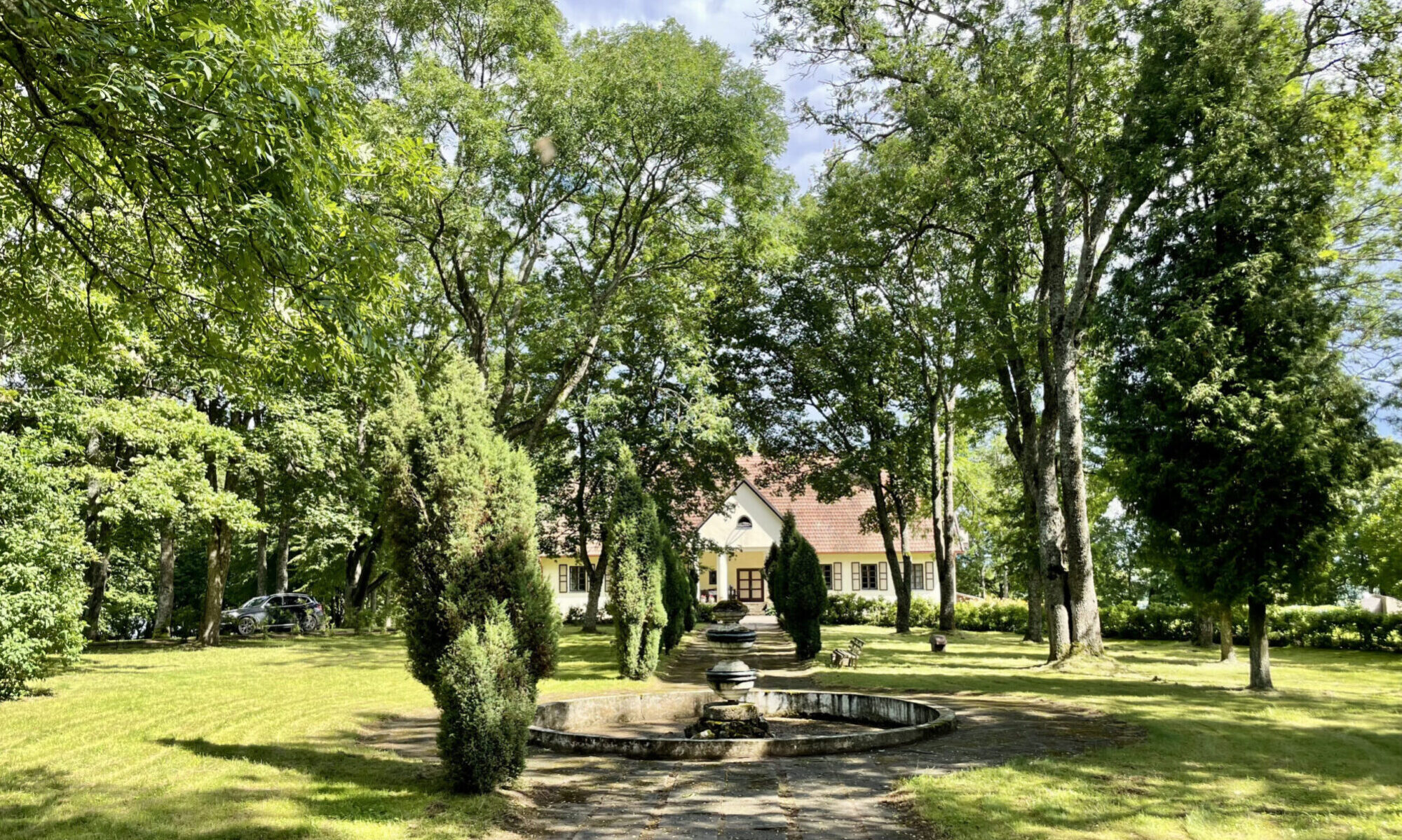XIV-XIX centuries – development & prosperity
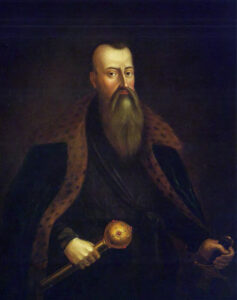
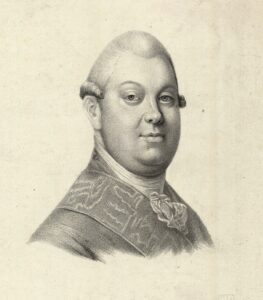
Bikuškis Manor was mentioned in written sources as early as the mid-14th century.
In the 15th century, Bikuškis Manor belonged to Radvila, the son of the chief of Užpaliai Castle, Radvila Astikaitis (Radziwiłł Ościkowicz), founder of the influential Radvila family (1384–1477). The manor was later ruled by Tadas Pranciškus Oginskis (Tadeusz Franciszek Ogiński) (1712–1783), and by the noblemen Prušinskis (Prusiński) of Krakow in the eighteenth century. Prušinskis received a privilege from Stanislovas Augustas Poniatovskis (Stanisław August Poniatowski), the last king of the Republic of Two Nations to build a town near the manor, to have a market every Wednesday, and to hold an annual fair of two weeks.
During the end of the 18th century – the beginning of the 19th century Bikuškis Manor belonged to the families of Plevakas, Beneckis, and Drazdauskas. During the uprising of 1863, the rebels were hiding in the manor.
At the time of prosperity, Bikuškis Manor owned seven villages and more than 500 hectares of land.
XXth century – changes in the wartime period, expropriation, and nationalization
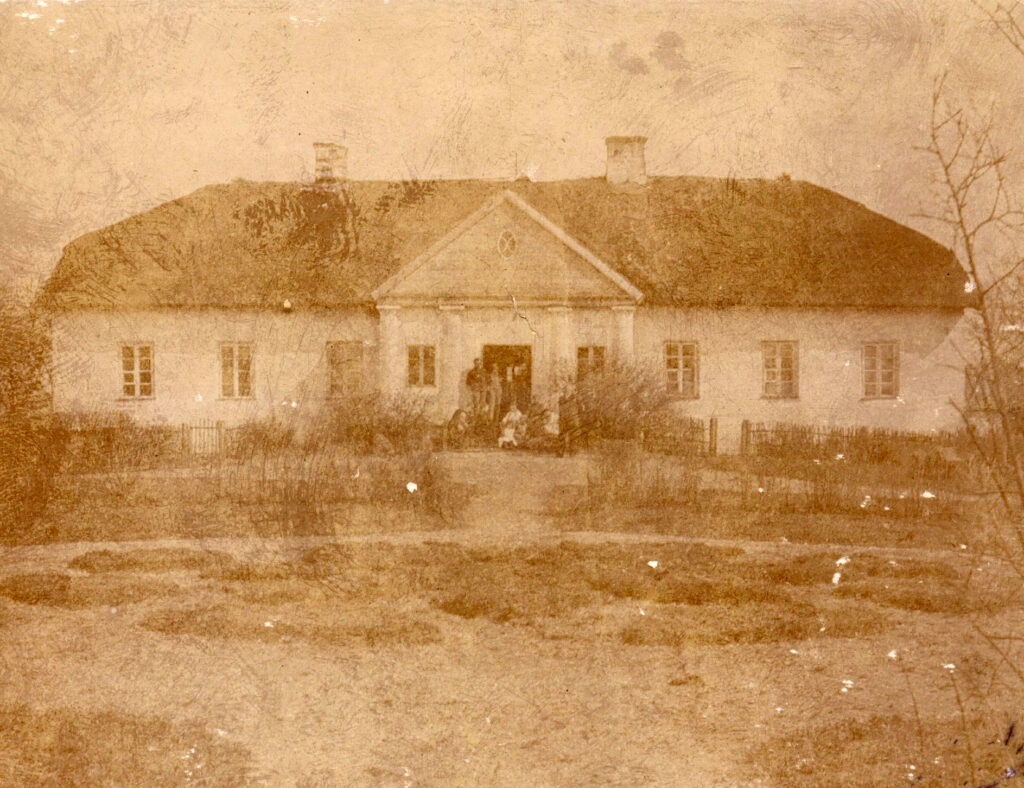
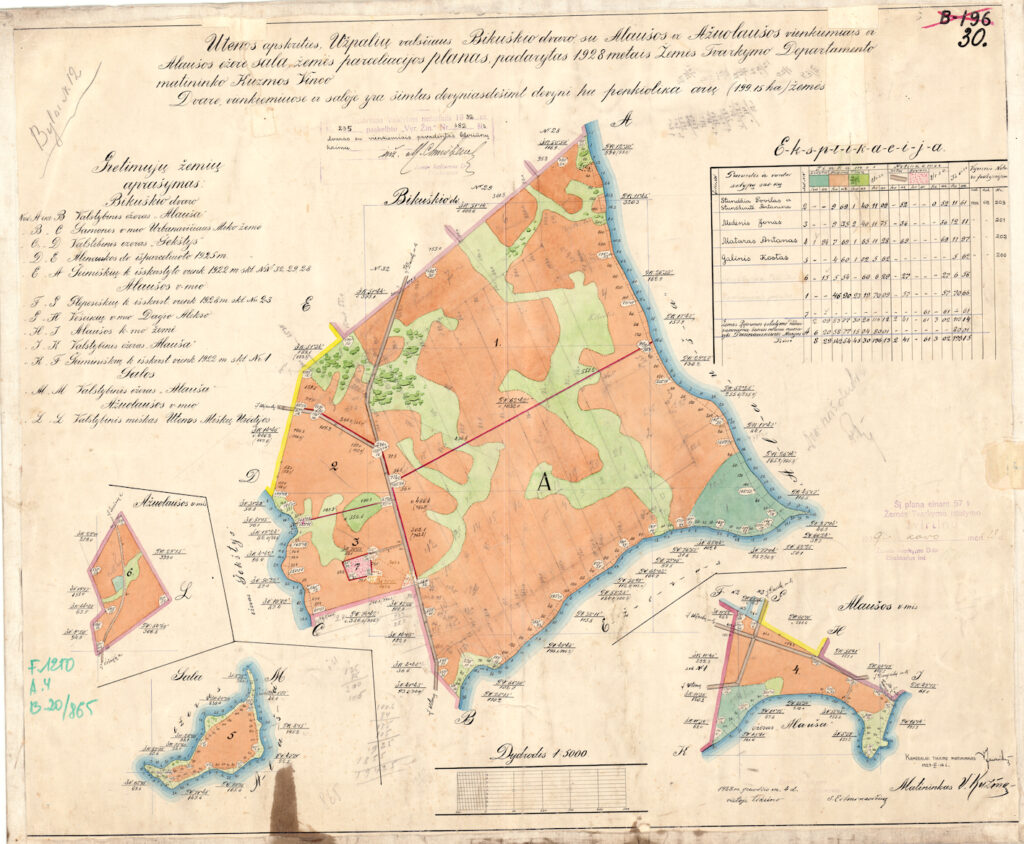
The outbreak of World War I marked a sudden downturn at the manor. In 1928, the land of Marija Puzinauskienė, a total of 194 hectares, was expropriated. In 1940, the manor was nationalized and a unit of soldiers was located here. After World War II, the manor belonged to the Sudeikiai collective farm, and the manor was transformed into apartments. Later in 1976-80 it was turned into a resort house, the manor was reconstructed, its layout and volume changed.
The present – back to historical roots
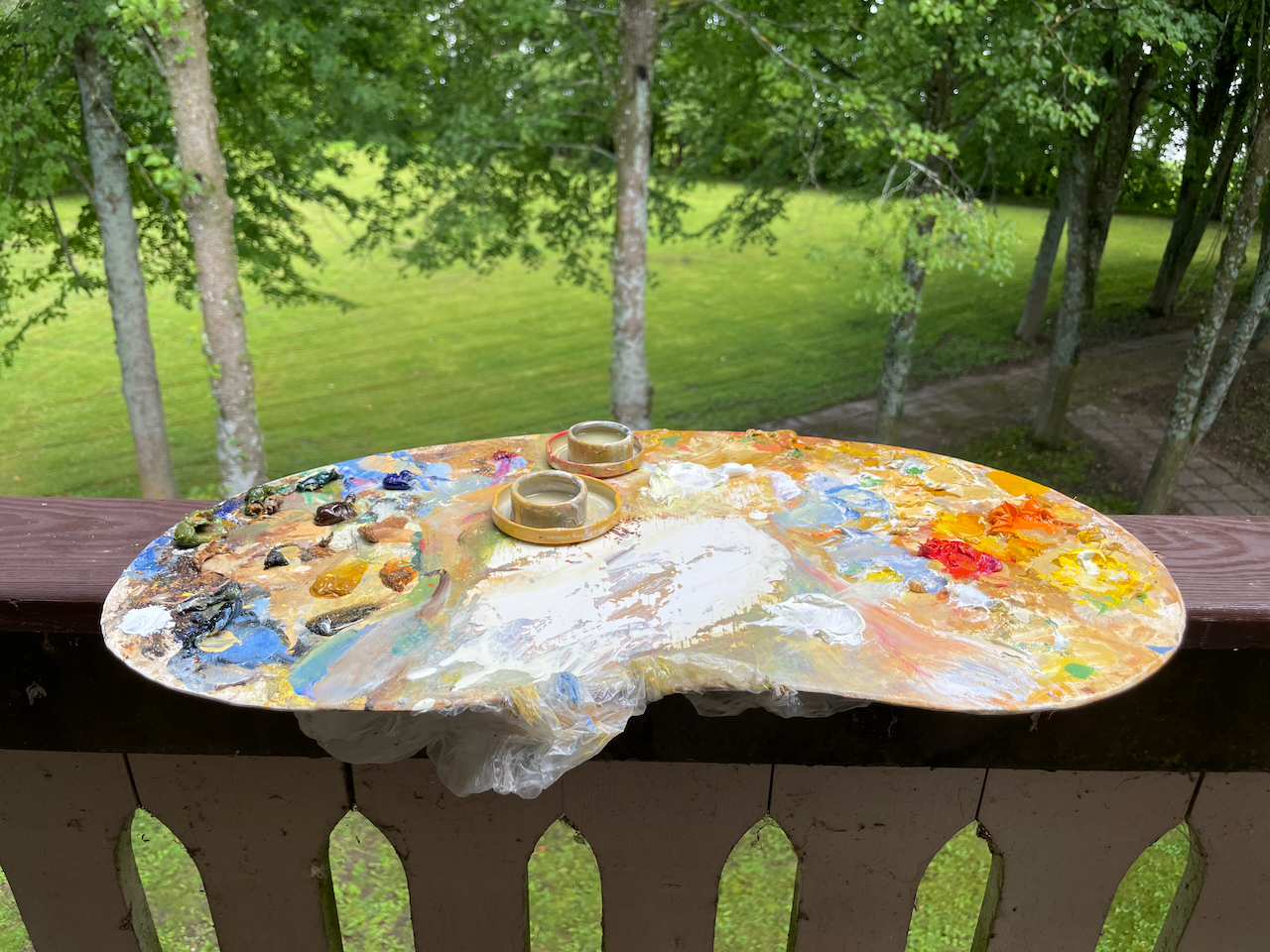
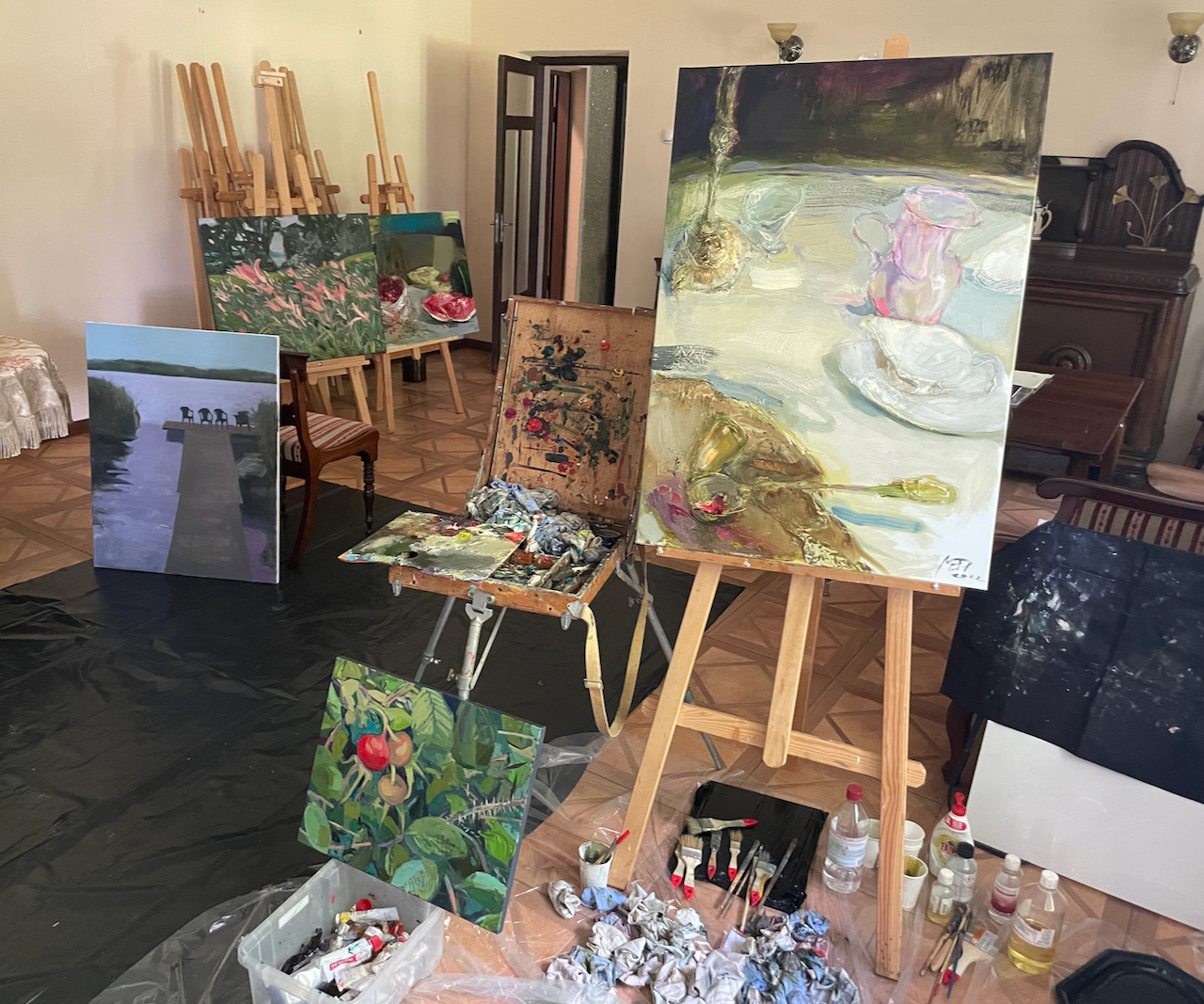
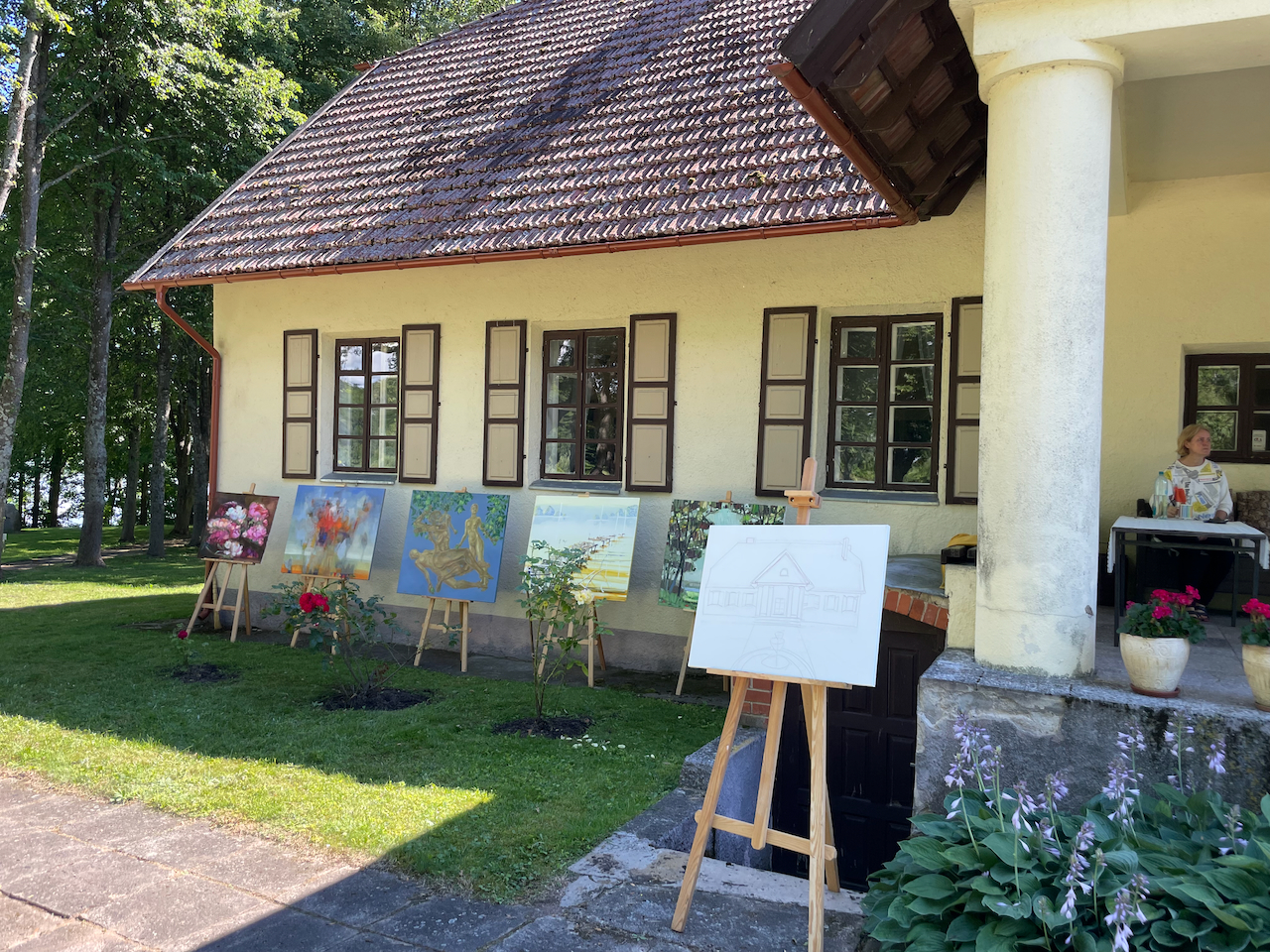
After Lithuania re-gained independence, in 1992 Bikuškis Manor was returned to its inheritor Ričardas Svilas. Since 1996 it has been owned by Gintaras and Dalia Gruodžiai. The manor started organising cultural activities: arranging painters’ workshops, performances and concerts.
The manor house of Classicism style, a wooden barn of the 19th century, the blacksmiths, and the ruins of a former distillery and a park have been preserved.
Since 2022 estate is owned & managed by M. & M. Januškevičiai, who are continuing historical tradition to retain and return the manor to its natural beauty and the place of intellectual and cultural creativity & curiosity.
